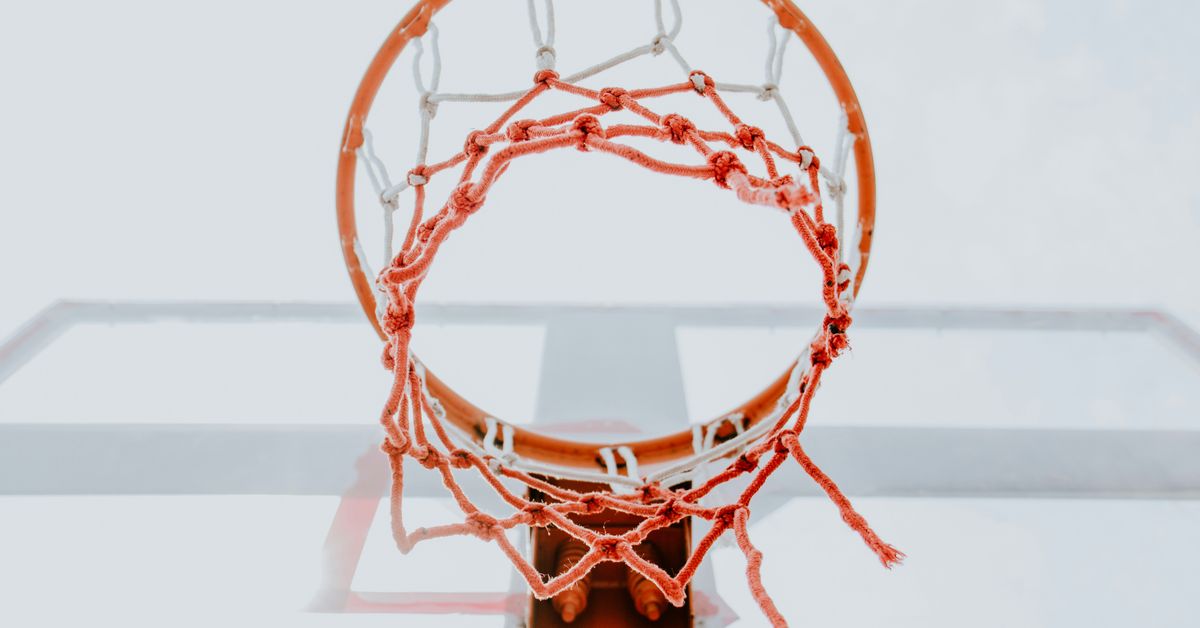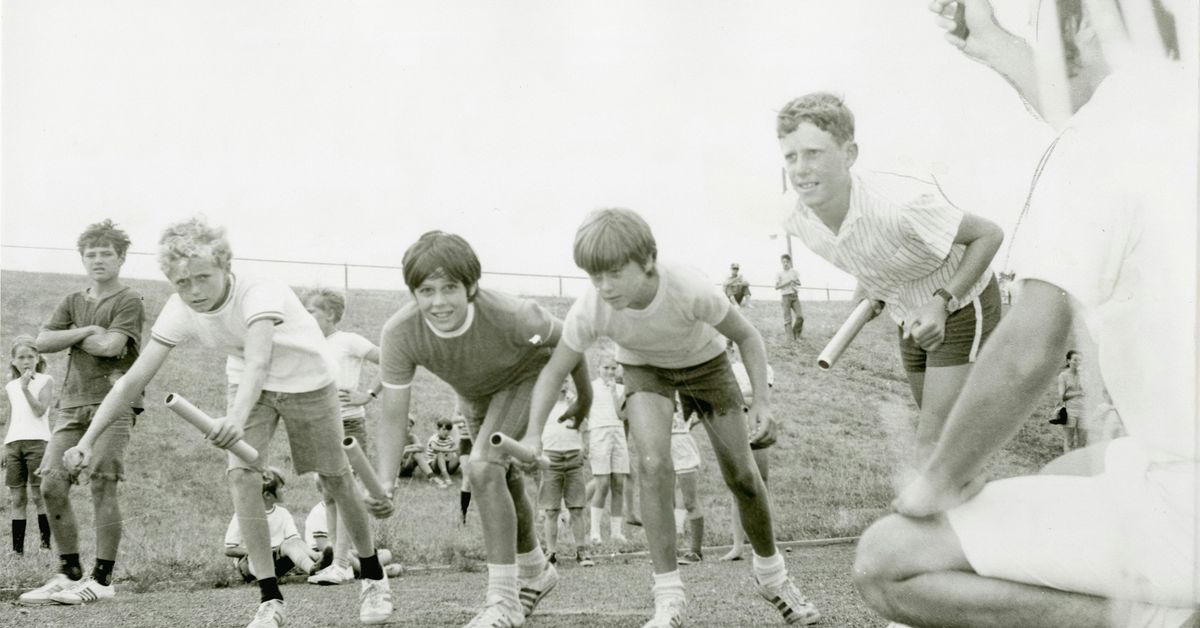
Genetics and Sports: Nature vs Nurture
Understanding the interplay between genetics and sports performance has been a topic of extensive research and debate in both scientific and athletic communities. The debate often revolves around whether an athlete’s success is predominantly influenced by genetic factors (“nature”) or environmental factors such as training and nutrition (“nurture”). However, it is widely accepted that both factors interact in complex ways to shape athletic prowess.
Genetic Foundations of Athletic Ability
Genetics plays a crucial role in determining various physiological traits that can impact athletic performance:
- Muscle Fiber Composition: Individuals may inherit a predisposition towards fast-twitch muscle fibers (suited for explosive movements like sprinting) or slow-twitch muscle fibers (suited for endurance activities like distance running).
- VO2 Max: Maximum oxygen uptake, a key determinant of aerobic capacity, is influenced by genetic factors. Higher VO2 max is advantageous in endurance sports.
- Joint Structure and Bone Density: Genetic variations can affect joint stability, flexibility, and bone density, influencing injury risk and athletic performance.
- Metabolic Efficiency: Enzyme profiles involved in energy production (e.g., ATP production) are genetically determined, impacting an athlete’s ability to sustain high-intensity efforts.
Examples of Genetic Influence in Sports
Several case studies highlight the significant role of genetics in sports:
- Usain Bolt: The Jamaican sprinter, known for his exceptional speed, attributes his success partly to genetic factors influencing his fast-twitch muscle fibers and stride length.
- Michael Phelps: The American swimmer’s unique physique, including a long wingspan and flexible ankles, is genetically advantageous for swimming performance.
- East African Runners: Athletes from Kenya and Ethiopia dominate long-distance running events, with genetics contributing to their superior endurance capabilities.
Environmental Factors and Athletic Development
While genetics lay the foundation, environmental factors significantly influence how genetic potential is realized:
- Training: Systematic training programs tailored to specific sports can enhance skills, technique, and physical conditioning.
- Nutrition: Adequate nutrition supports muscle growth, recovery, and overall performance optimization.
- Psychological Factors: Mental resilience, motivation, and focus play critical roles in competitive sports, shaped by both genetic predispositions and environmental influences.
- Access to Resources: Socioeconomic factors impact an athlete’s access to coaching, facilities, and equipment, influencing their developmental trajectory.
The Role of Epigenetics
Epigenetics explores how environmental factors can modify gene expression without altering the underlying DNA sequence. This field underscores the dynamic interaction between nature and nurture in shaping athletic performance.
Dr. Claude Bouchard, a pioneer in the genetics of sports performance, summarizes this interaction:
“Genetics loads the gun, but environment pulls the trigger.”
Conclusion
While genetic predispositions set the stage for athletic potential, environmental influences determine how effectively that potential is realized. The nature vs nurture debate in sports is not about one versus the other but understanding their intricate interplay. Athletes and coaches benefit from recognizing and leveraging both genetic advantages and environmental opportunities to achieve peak performance.



